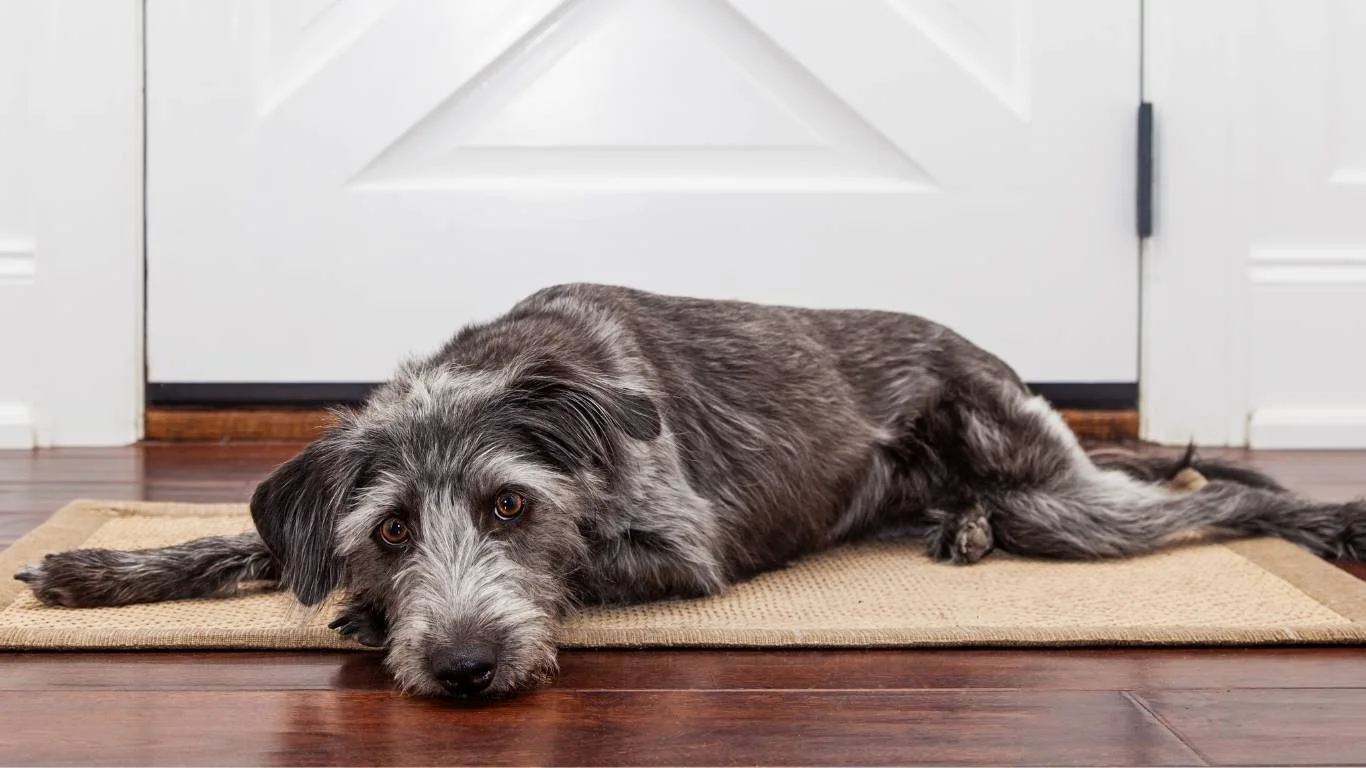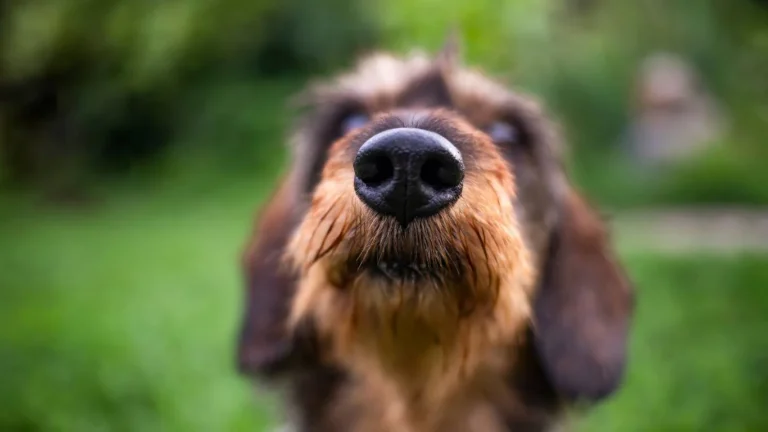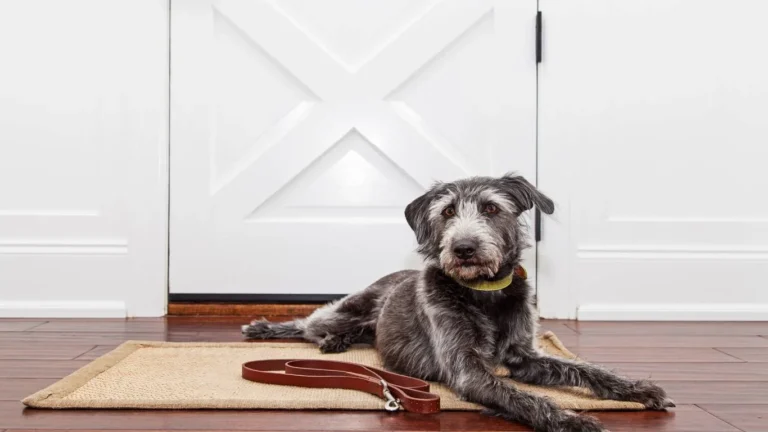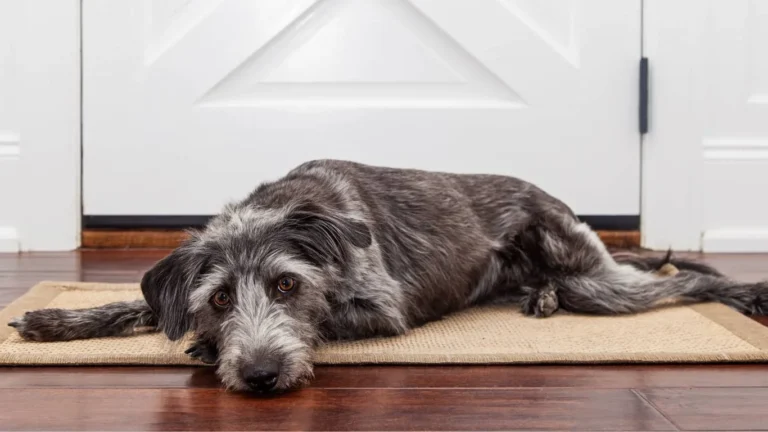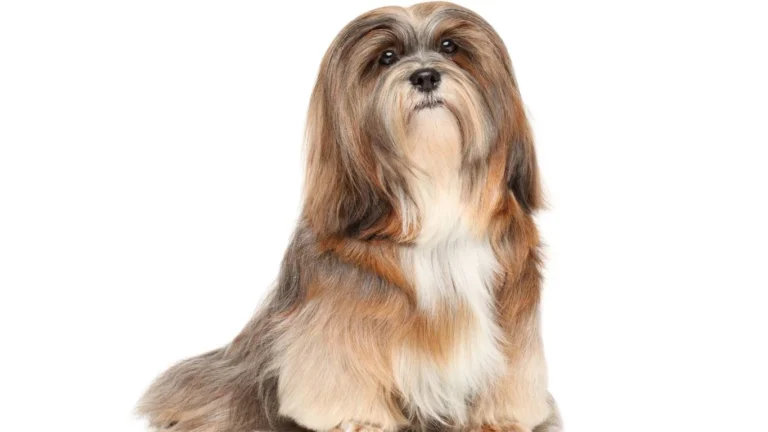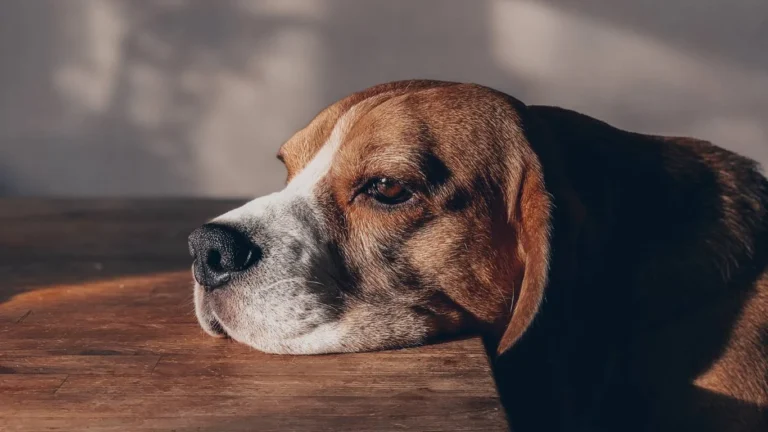Alarming Reasons Why Your Dog Is Grinding Their Teeth & What To Do
Ever caught your pup grinding their teeth and thought, “Wait, dogs do that too?” You’re not alone. One of the most common questions I hear from pet parents at the clinic is, “Why is my dog grinding their teeth?” It can seem weird — and honestly, a little unsettling — especially if it happens more than once. As someone who’s worked closely with both veterinarians and pet nutrition, I’ve had my fair share of face-to-face moments with this exact issue. So, let’s dig into what might really be going on when your dog starts acting like they’ve got a tiny pair of dentures to grind.
What’s Up with That Tooth Grinding?
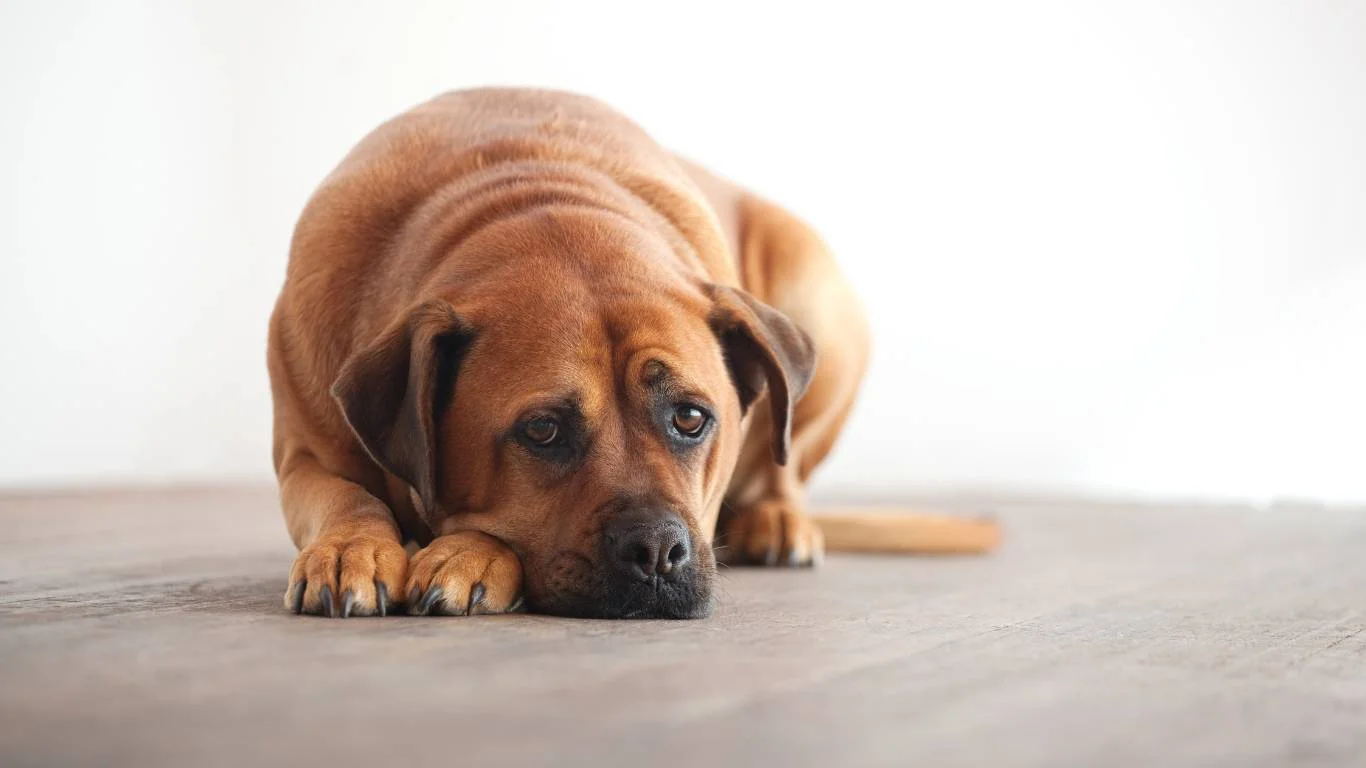
First things first — tooth grinding, or bruxism, isn’t super common in dogs, but when it shows up, it usually means something is off. Unlike humans, dogs don’t grind their teeth out of stress from a bad day at work (lucky them, right?). When I see a dog grinding their teeth, I instantly start thinking about pain, dental issues, or even digestive problems. These aren’t just guesses — they’re patterns I’ve seen in real-life cases over and over again.
It Could Be a Dental Problem (And Yep, Those Are Sneaky)
Let’s talk teeth. This is the first area I check because in so many cases, dogs grind their teeth due to dental discomfort. And honestly, it’s easy to miss early signs. Just last week, a sweet senior Lab came in with subtle signs — some drooling, not finishing meals, and yep, tooth grinding. Turned out he had a cracked molar and some inflamed gums. Poor guy.
- Tooth fractures
- Loose teeth
- Gum disease (periodontitis)
- Oral tumors or abscesses
If your dog is grinding their teeth and you notice bad breath or bleeding when they chew toys, it’s worth getting those chompers checked.
Jaw Alignment or Orthodontic Issues
Yes, dogs can have “bad bites” too — and in some cases, it’s more than a cosmetic thing. A misaligned jaw can actually cause enough friction or discomfort to make your dog grind. It’s something we sometimes spot during routine exams when we notice unusual tooth wear patterns or clicking sounds.
- Overbite (also called an overjet)
- Underbite (especially common in bulldogs and boxers)
- Crossbite
In my nutrition-focused role, I always ask if a dog with jaw issues is on the right type of kibble or chew — something too hard can make the grinding worse or more painful.
Stress or Anxiety: Emotional Causes for Grinding
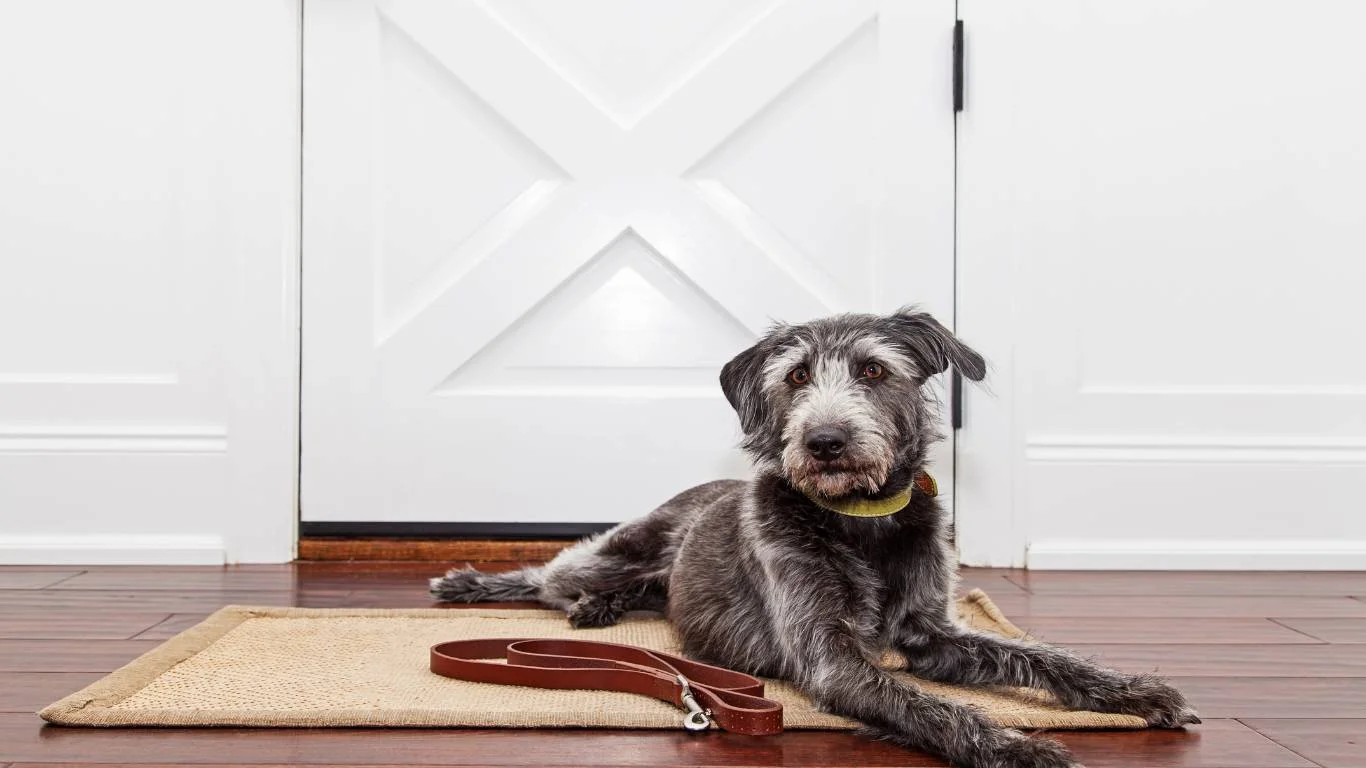
Now, while dogs don’t complain about emails or traffic, they definitely feel stress. And some pups express it in quirky ways — like licking excessively, pacing, or even grinding their teeth. I had a Border Collie patient once who started grinding after her owner went back to work full time. We ruled out dental problems and realized it was all about separation anxiety.
Watch for other stress signals:
- Restlessness or pacing
- Excessive licking or chewing paws
- Whining or barking when alone
- Loss of appetite
Adding calming routines like slow feeder bowls, chew enrichment, or even adjusting their diet slightly can really help ease that tension — more on that soon.
Could It Be Gastrointestinal Discomfort?
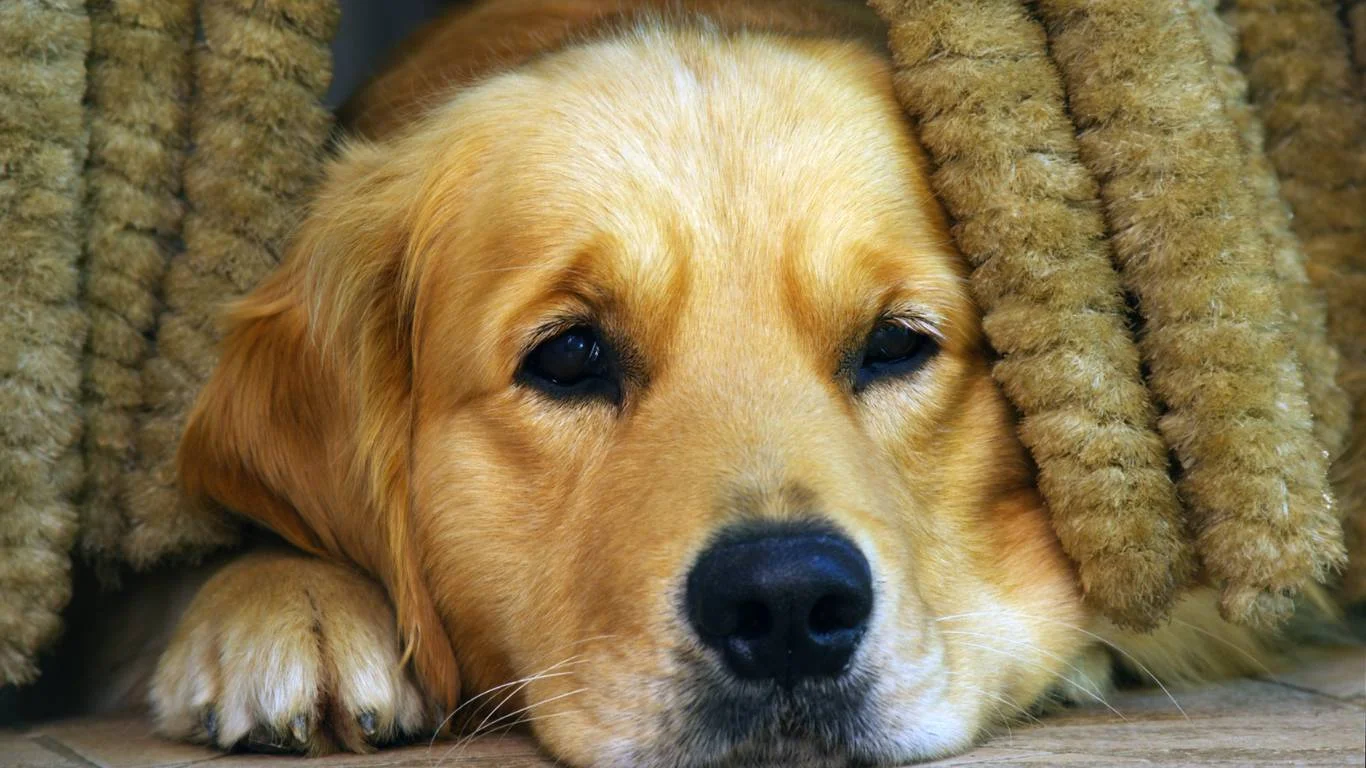
Here’s something most pet owners don’t consider right away — GI discomfort. I’ve personally seen dogs grind their teeth when they’re dealing with acid reflux or nausea. They don’t know how to tell us their tummy hurts, so sometimes they act out in odd little ways — like gnawing, lip licking, or grinding those back molars.
Things that could be going on internally include:
- Acid reflux or GERD
- Gastritis
- Food intolerances
In my nutrition consultations, this is often where I get the lightbulb moment. If a dog’s on a high-fat diet or getting a lot of table scraps, sometimes we just need to go back to basics — easily digestible proteins, smaller portions, and no spicy leftovers from taco night.
When Diet Plays a Bigger Role Than You’d Think
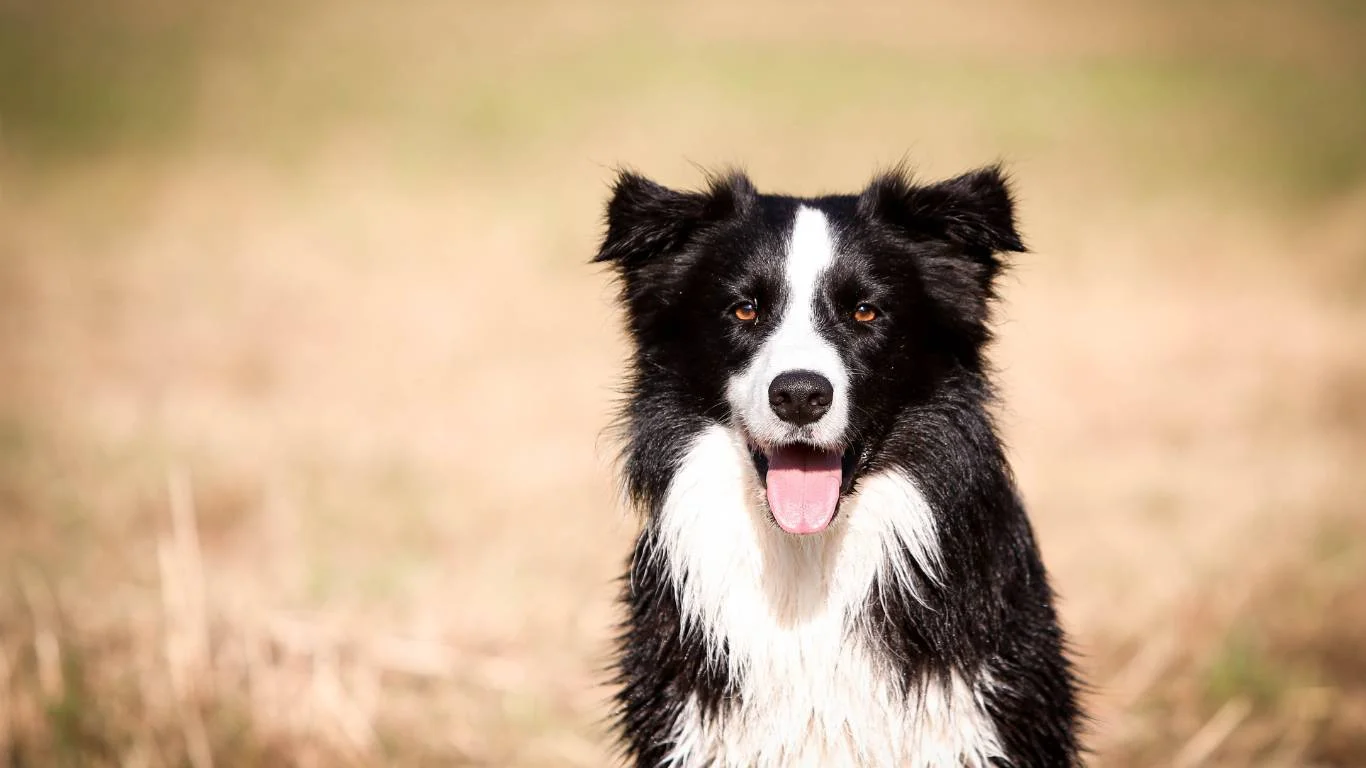
Here’s something I wish more dog owners realized earlier — your dog’s diet can directly influence how they feel physically, including dental and digestive health. I’ve worked with so many pet parents who were shocked that switching to a higher-quality or more appropriate diet actually helped reduce symptoms like teeth grinding.
If you’ve been wondering, “Why is my dog grinding their teeth?” — don’t underestimate what’s in their bowl. I remember one case with a Pomeranian who had mild but consistent grinding episodes. We eliminated poultry from his diet (turns out he had a sensitivity), and the grinding? It slowly faded away. Sometimes, it’s all about inflammation from the inside out.
Some food factors that may trigger grinding:
- High-fat commercial treats (yes, even the fancy-looking ones)
- Low-moisture kibble with no dental support
- Allergens like chicken, grains, or synthetic preservatives
- Feeding too late at night — which can cause acid reflux
If you’re unsure where to start, try simplifying the diet for a week or two. Plain boiled chicken (or a novel protein like venison), pumpkin, and rice can give their gut a break. And trust me, I’ve seen huge changes from just that reset.
Neurological or Behavioral Roots: Rare, But Real
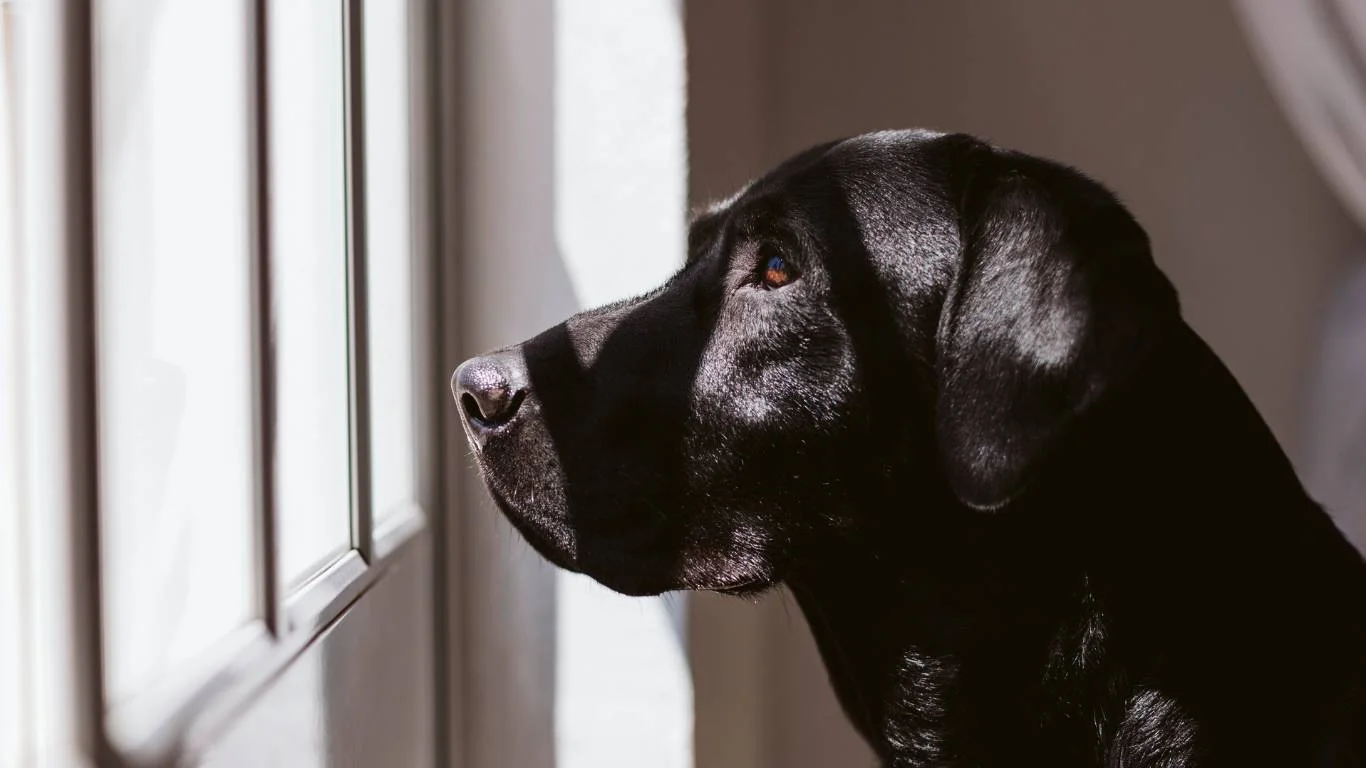
Every once in a while, I’ll get a dog in who stumps everyone at first. No dental problems, no stress indicators, perfect poop (yes, I always ask). That’s when the vet team and I start thinking about neurological causes or even compulsive behaviors. Rare? Yes. But real? Absolutely.
Seizure-like activity, jaw tremors, or oral-focused obsessive-compulsive behavior can manifest as teeth grinding or jaw clenching. I saw a Frenchie once who did it during sleep and it turned out to be a mild focal seizure pattern. Diagnosis took time and a full vet workup — but knowing what we were dealing with made a huge difference in how we supported him.
What might point to a neurological issue?
- Teeth grinding during sleep
- Blank stares or twitching right before/after
- Jaw snapping or clenching without reason
- Episodes triggered by excitement or light
If this sounds familiar, definitely bring it up with your vet. Video the episodes if you can — those little details can help immensely with diagnosis.
What Should You Do If You Notice Tooth Grinding?
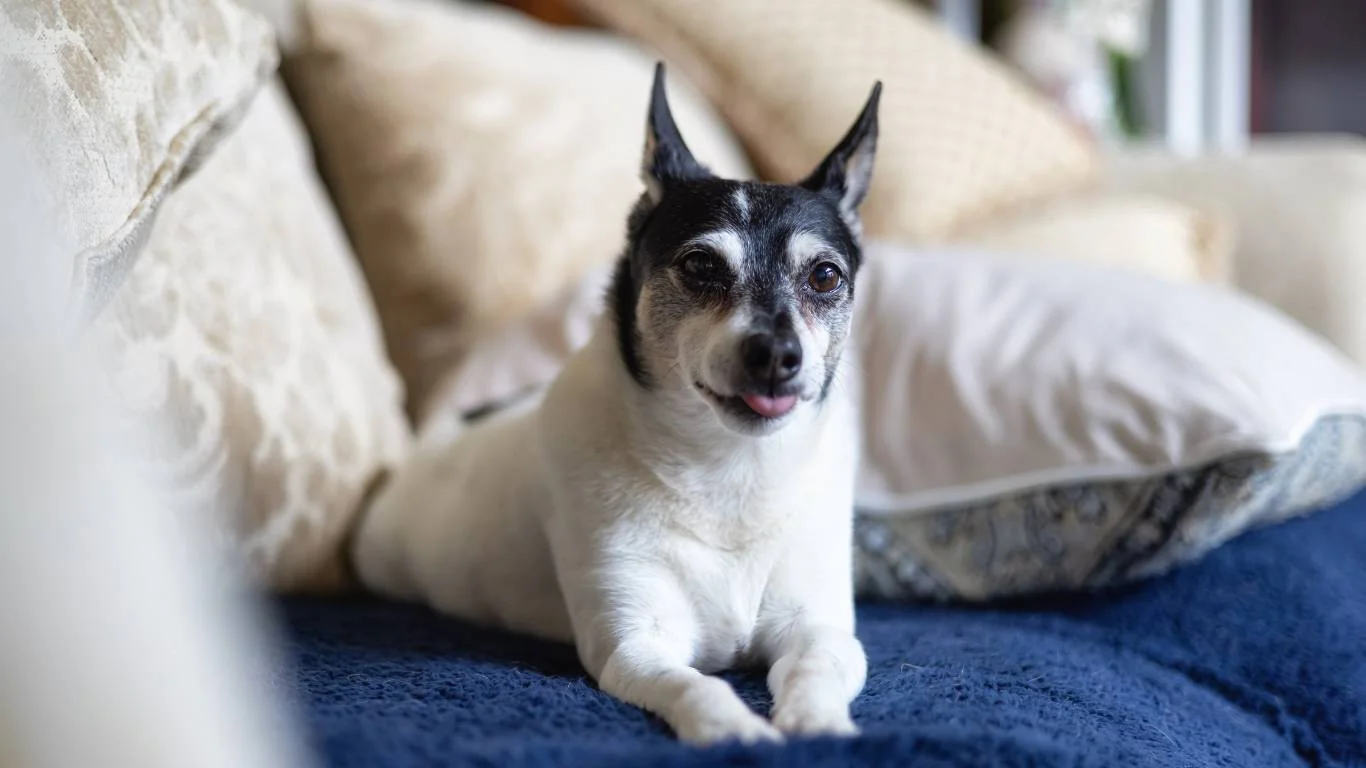
Okay, so now you’re seeing the puzzle, right? There are so many different reasons a dog might grind their teeth, and not all of them are serious — but some are. That’s why I always tell pet parents: don’t panic, but don’t ignore it either.
Here’s what I usually recommend:
- Observe closely: When does it happen? After meals? At night? During stress?
- Check the mouth: Gently look for redness, swelling, or damaged teeth.
- Evaluate the diet: Is it high-quality, digestible, and appropriate for their size/age?
- Record a video: If you can, it’ll be super helpful for your vet.
- Schedule a vet visit: Especially if it’s happening regularly or seems linked to pain.
As someone who’s seen hundreds of dogs over the years, I can say this with confidence: catching signs early can make a massive difference. Whether it’s a dental fix, a diet tweak, or a behavior consult, addressing the grinding now saves you — and your pup — bigger trouble later.
Pro Tip from the Clinic:
If your dog is showing mild symptoms, try adding a soft dental chew that promotes oral health but doesn’t require aggressive gnawing. I’ve recommended options like sweet potato chews or dental gels with enzymes that ease inflammation. Just be sure to check with your vet before adding anything new — even natural stuff!
And remember, you’re your dog’s best advocate. If something feels off, you’re probably right to ask. That gut feeling you get? Trust it. You know your pup better than anyone else ever could.
How Dental Hygiene Habits Can Make or Break the Situation
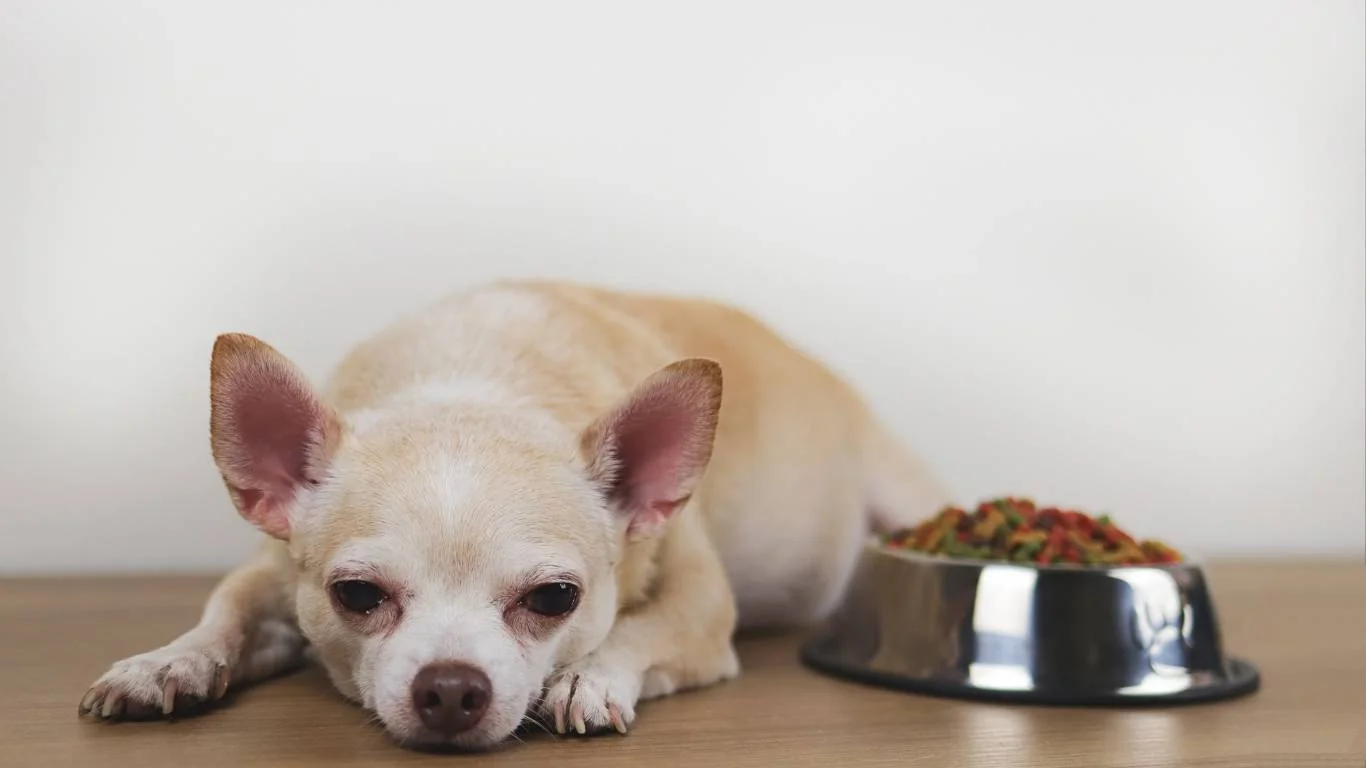
Let’s be real — brushing your dog’s teeth probably isn’t at the top of your fun-things-to-do list. I totally get it. But from what I’ve seen firsthand at the clinic, poor dental hygiene is one of the biggest silent contributors to tooth grinding. It sneaks up on even the best pet parents. One day everything seems fine, and the next, your dog’s grinding like they’re chewing rocks in their sleep.
Here’s the thing: even if your pup isn’t thrilled about toothbrush time, there are gentler, less dramatic ways to keep their mouth in shape — and that can absolutely reduce their urge to grind. In fact, when I started encouraging pet parents to try finger toothbrushes or vet-approved dental wipes, we started seeing big changes. Less drooling, less fussing with food, and yes — less teeth grinding.
Easy dental care wins to try at home:
- Soft bristle finger brushes with poultry-flavored toothpaste
- Enzymatic dental gels (applied with a clean cloth if brushing isn’t possible)
- Dental diets formulated to reduce tartar (your vet can recommend these)
- Raw bones or vet-approved chews that gently scrape teeth without damaging enamel
If your dog already has dental disease or missing teeth, definitely talk to your vet before giving anything to chew. The goal is to support oral health, not stress it further.
When to Loop In the Pros
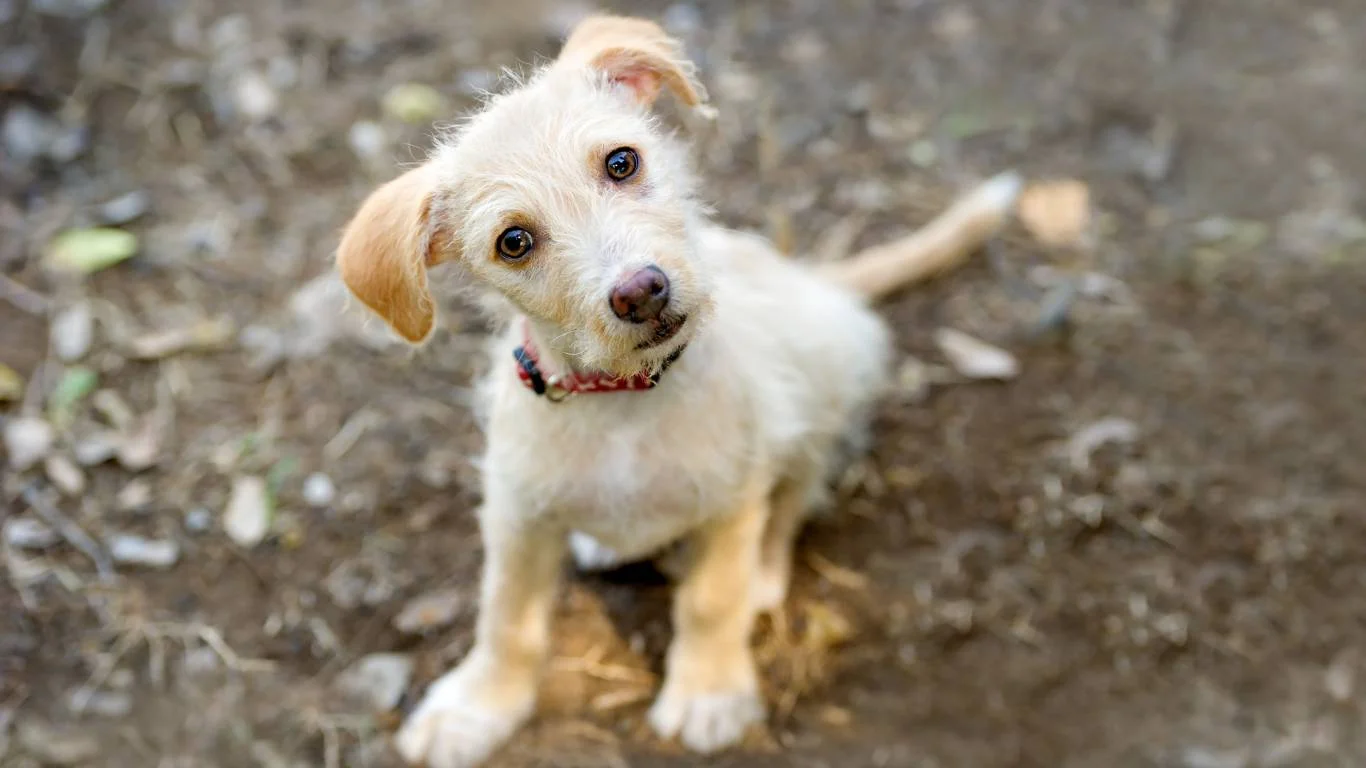
There comes a point where observation at home isn’t enough — and that’s okay. I always tell people that getting a professional evaluation doesn’t mean you’ve failed; it means you care enough to get your dog real answers.
If your dog’s grinding persists beyond a few days or you’re noticing other symptoms like drooling, weight loss, or changes in eating habits, it’s time to call the vet. In the clinic, we’ll typically start with a full oral exam and, if needed, sedation for a more thorough look. Sometimes we recommend x-rays to spot hidden dental or jaw problems.
Questions your vet might ask:
- When did the grinding start?
- Is it during certain times (meals, sleep, anxiety triggers)?
- Any changes in diet or behavior recently?
- Has your dog had any dental work done before?
Be ready with your notes and maybe even a video — seriously, those little phone clips help us tons. I’ve had cases where we couldn’t replicate the grinding in-clinic, but a short video showed everything we needed to see. Don’t underestimate your observations; you’re part of the team too.
So, Why Is My Dog Grinding Their Teeth? Final Thoughts
At this point, you’ve probably figured out that the answer to “Why is my dog grinding their teeth?” isn’t always straightforward. And that’s okay. The key takeaway here is this: grinding is a sign. It might be dental, it might be digestive, it might be behavioral — but it’s never “just a weird habit.” Your dog is trying to tell you something, and by being proactive, you’re already ahead of the curve.
I’ve seen so many dogs improve dramatically just from a combo of dental cleanups, diet changes, and stress reduction. You don’t have to figure it all out alone — bring your concerns to your vet, lean on trusted resources, and stay curious. After all, you’re your dog’s advocate, and no one knows them better than you do.
Reliable Sources & Further Reading:
- American Gastroenterological Association
- American Veterinary Dental College
- ASPCA – Dental Health & Oral Disease
- Cornell University College of Veterinary Medicine
Disclaimer: This article is for informational purposes only and is not a substitute for professional veterinary advice. Always consult with your veterinarian if your dog is showing signs of pain, discomfort, or unusual behavior such as tooth grinding. Your vet can provide tailored advice based on a full physical exam and diagnostics if needed.
